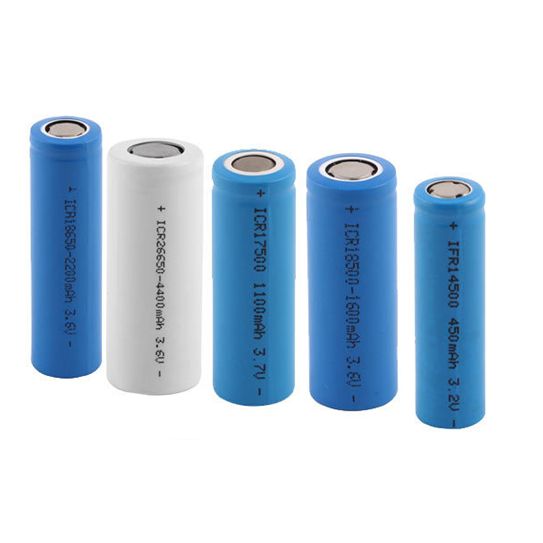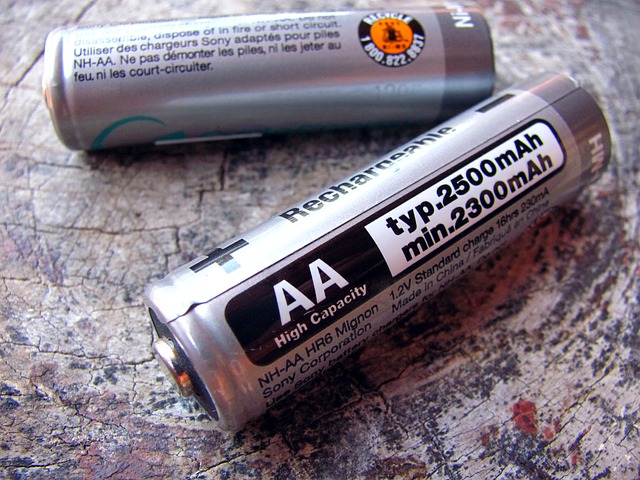Best Charging Practices for Lithium-Ion Battery
Dec 06, 2019 Pageview:1616
Introduction
Those charging practices should be followed that are effective. You should pay attention to the charging practices because any unhealthy practice may damage the battery or device. Moreover, the batteries have a specific life span and if the effective charging practices are not followed then it may affect the lifespan of the battery. The batteries consist of various things that help in protection. The batteries should not be extremely charged and for this purpose, most of the batteries have a charge controller which helps to do this task. It helps not to charge the battery more than its limit. It also serves as a regulator whose function is to turn off the device before the battery is fully discharged. In this case, it helps to avoid the extreme discharging of the battery which is also harmful. Besides these things, various things must be kept in mind for charging the battery.
If you have purchased a new lithium-ion battery, then there is no need to charge it before use. The reason is that the new lithium-ion battery is already charged. If you will charge again, then it may harm the battery.
The best practice for charging a battery is to carry a slow charging process. Most of us prefer fast charging but it damages the life span of a battery. The slow charging process requires less temperature and hence it will least affect the life span of a battery.
To charge a battery requires a charger. It is recommended to use an original charger of a battery. Original chargers are made according to the charging requirements of a battery. In case you are not using an original charger, it means that there can be slight variations in a charging process which can affect the battery.
Is it okay to leave a lithium-ion battery on the charger?
When you purchase a battery, the quality of a battery is exceptional. It means that it discharges slowly and it lasts for more period of time. But as time passes, the quality becomes worst and it affects the decaying process of a battery. It shows that the battery is affected. But there is a need to know how the battery is affected. One of the reasons might be the over-charging of a battery. It means that it is not appreciated to leave a battery on charge when it is fully charged. It is not dangerous in some cases but it affects the battery for sure. The charge controller prevents the charging of a battery when it is already fully charged but for the long term, the controller cannot help you to do so. There are various reasons that show that the battery should not be left on a charger.
The life span of a battery
When you leave a battery on a charger for charging, the battery gets charged. After getting fully charged, the battery is still on the charger. The flow rate of current is less than when it is fully charged but still it draws some of the currents. It causes the excessive charging of a battery. The excessive charging of a batter affects the life span of a battery. A battery can last for two years but due to the excessive charging, it may last for less than that time period. It shows that you should not leave your battery on a charger once it is fully charged.
Reduce performance
There are a lot of cases where customers ask the reasons for the reduction of their performance. First of all, the battery is manufactured for a specific time period. Despite a fact that it is a rechargeable battery, it can last for some time because charging and discharging of a battery affects the quality of a battery. When you leave a battery on a charger, it results in the reduction of a performance of a battery. The excessive charging causes the battery to disturb its discharging rate. The excessive charging causes over-heating which is harmful to the battery. This is a reason that when a battery is fully charged, it decays immediately.
How long does a lithium-ion battery last for?
The battery has a specific time period. In the above section, it is discussed that how the time period of a battery can be disturbed. The period for a lithium-ion battery is 2 to 3 years or 300-500 charge cycles. One cycle means full charging up to 100%, discharging and again charging. It means that if it is completed 2-3 years or 300-500 cycles then the battery cannot help you further. If you have purchased a battery and it is not in use then it does not mean that it will not last for longer. The battery slowly discharges when it is not used. The excessive charging of a battery can disturb the period of a battery. It is important to know that you should avoid those things which disturb the life span of a battery. If you have purchased an expensive battery then you would want to keep the battery for a longer time. In order to do this, you have to follow the guidelines provided by the manufacturer. The precautions and guidelines related to charging matters the most because the charging process causes the battery to decay earlier than the estimated period.
How to charge a lithium-ion battery
The charging process of a battery needs to be carried out according to the guidelines of a manufacturer. It is the most important aspect of a battery. You have to focus on a charging process if you want the battery to last for a longer period. There are few things that must be followed to carry out an effective charging of a battery.
Check the battery status
You have to check the status of the battery before charging it. If the battery is 50% or less than this then you can charge the battery. In case, if the battery is more than 50%, it means that it is not partially charged and it can affect the battery. It is appreciated to charge the battery once it is partially discharged.
Turn off the device
If you want to charge your battery then it is recommended to turn off the device. It helps the battery to charge with the threshold voltage without any hindrance. The charging of a battery requires a threshold voltage and it can be obtained when the device is turned off. In case the device is still running, the battery cannot get charged effectively.
Disconnect a Charger
When a battery is fully charged, you have to disconnect a charger to avoid excessive charging of a battery. If the charge is still connected, the battery gets overcharged and it affects the performance of a battery. It is recommended to charge a lithium-ion battery of up to 85%.
Use an original charger
The battery has requirements that can be fulfilled by the original charger. The charging process of a battery should be done by the original charger because if the charger is not original, it may not fulfill the charging requirements of a battery. For example, a battery gets overheated it may be because of a duplicate charger. Moreover, a duplicate charger can damage the battery if it does not fulfill the power requirement of a battery.
- Prev Article: What Is Difference Between Alkaline And Lithium Batteries
- Next Article: Good Cheap 18650 Battery
Leave Message
Hottest Categories
-
Hottest Industry News
-
Latest Industry News












